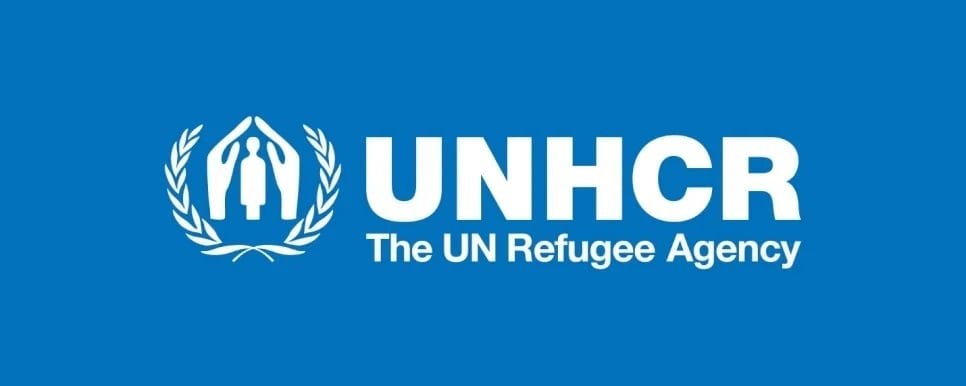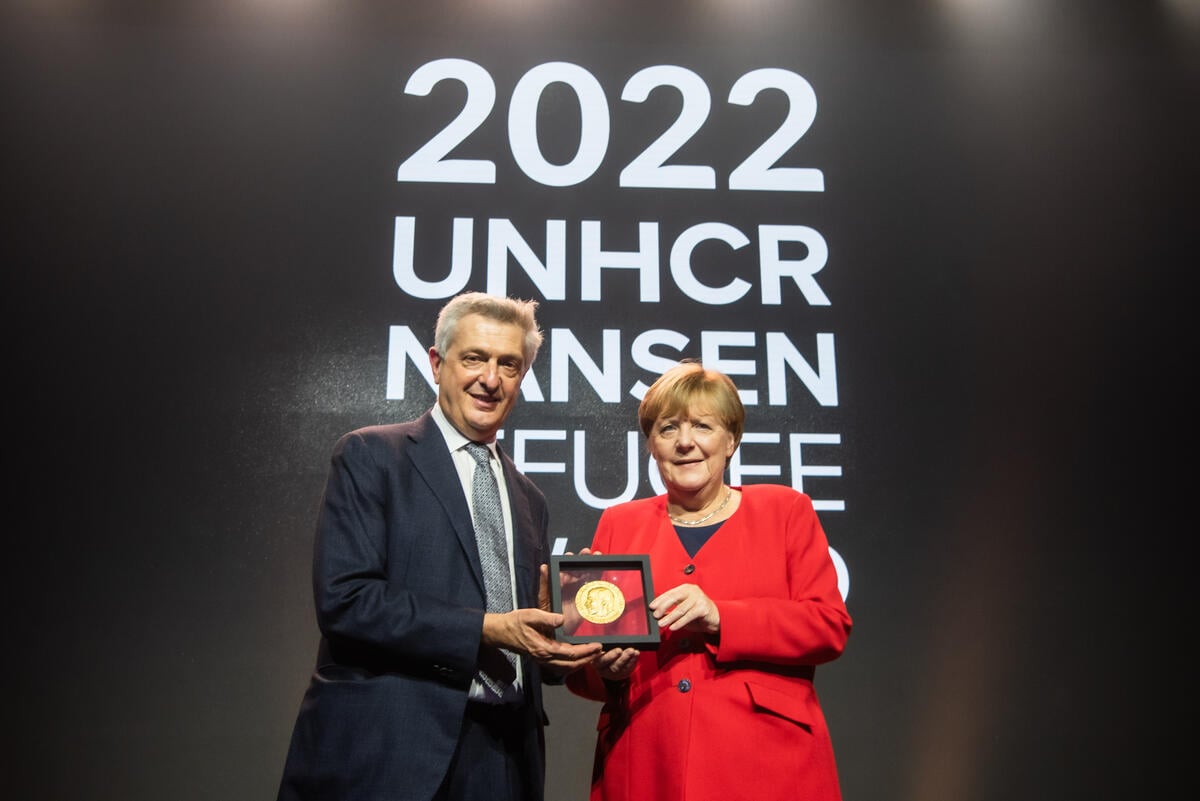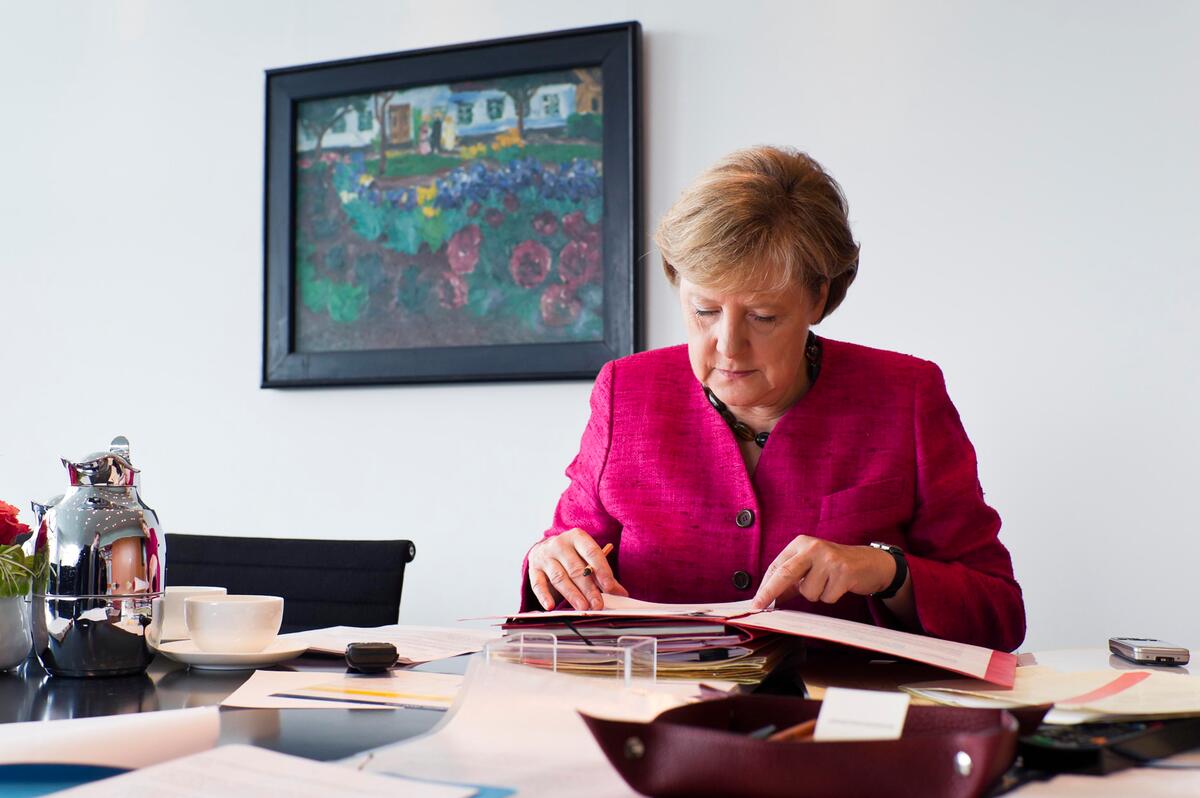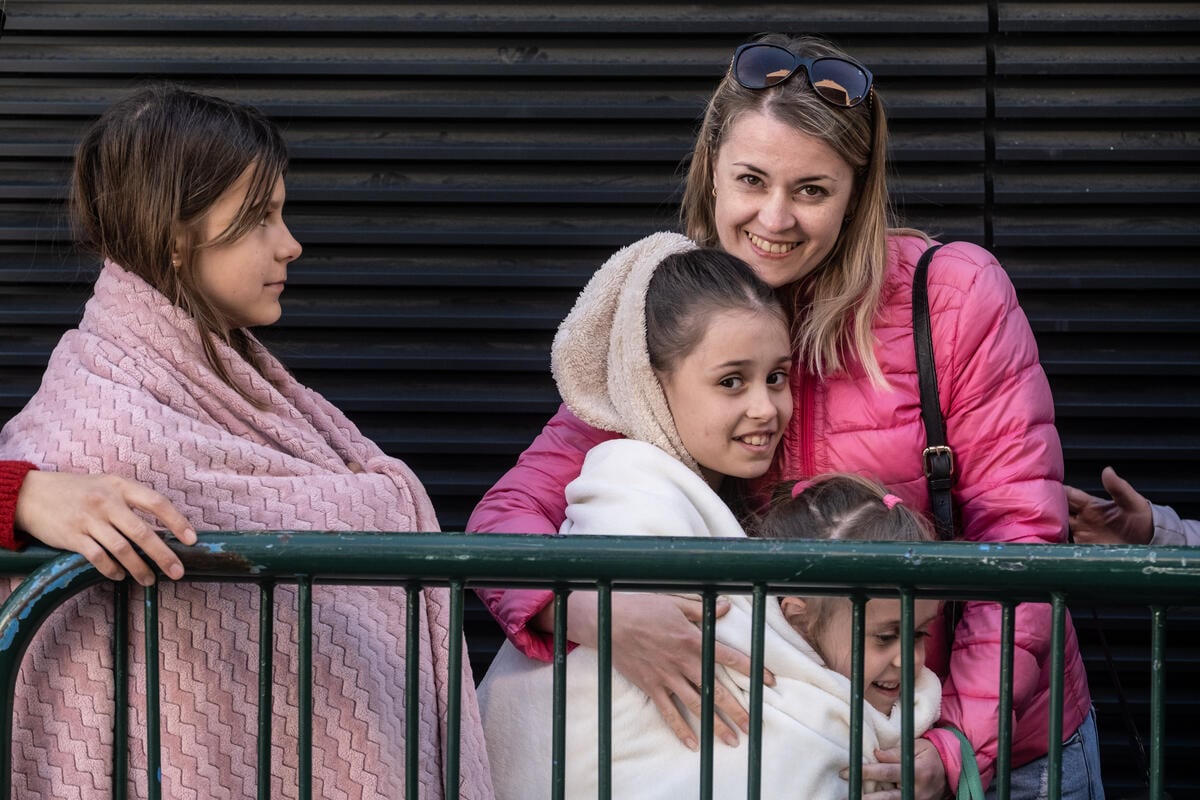Caught up in Calais

Caught up in Calais
Imagine fleeing a war in your country and not being able to go back. Imagine, if you can, leaving your family behind and walking for months in search of a safe place – only to be repeatedly turned away or even thrown in jail. To most of us, it sounds like a nightmare. But for Mazhar, a 27-year-old Syrian, it is reality – and he's reliving it every day.
When I meet him one evening, down at the loading bay of a factory where he sleeps in Calais, France, he looks exhausted. His dark, curly hair is matted with rain and he gazes at me with gentle, brown eyes through the downpour. "All of us Syrians are in despair," he says. "We sleep on the streets. I have some money left, which I share, but I just want to get to Britain."
Behind him, on the cold, hard tarmac, sleeping bags and blankets line the loading bay. This is where he and about 20 other Syrians have been living since they came to Calais several months ago. Around the port town itself, there are hundreds of others – from war-torn countries like Afghanistan, Eritrea, Sudan and beyond – all with the same goal: England.
Like many, Mazhar has relatives there. "All of us are determined to keep going," he tells me, taking shelter under the factory roof as the rain beats down. "We want to go the UK because it is a free country and it is safe. I will do whatever it takes."
This often means risking life and limb, hanging to the underside of a vehicle, squeezing into the back of a truck or making a dash for the ferry. And as security intensifies, so does the level of desperation.
"Now it is so much harder," Mazhar says. "Before, there was one small fence, and now there are more. There are lots of police and security, and if they catch you they put you in prison."
Life in Calais is gruelling. Migrants and refugees like Mazhar eat just one meal a day – distributed by local charities and NGOs like Association Salam, Auberge des Migrants and La Vie Active – and living conditions are appalling. In one of the makeshift camps here, known as Tioxide, hundreds of people are living in tents without access to toilets, showers or clean water.
"The residents look at us as if we are nothing," says Mazhar. "They say, 'Who are those people?' and 'Where are they from?' They know nothing about us, and sometimes the youth throw stones at us as we sleep. The police laugh at us."
Back in Daraa, Syria, Mazhar was studying information technology when the conflict upended his life. "I needed to escape," he remembers. "No one wants to live in war. My parents gave me money and told me to leave. They said, 'Protect yourself'."
As he thinks back to the "dark day" when he left home and set out for Turkey, his face clouds over. He recalls paying smugglers €1,800 and walking with a group of other Syrians until he reached Thessaloniki in Greece.
"I chose to go by the river because I am afraid of the sea. But I saw death everywhere, in the forests and the woods."
"There were people who came by sea," he says. "I chose to go by the river because I am afraid of the sea. But I saw death everywhere, in the forests and the woods."
From there, Mazhar walked to Athens, where he hoped to find a smuggler and make it to Italy. But he quickly saw the danger of being squashed into the storage area of a truck during summer. "So I chose a different way," he says, closing his eyes. "By plane. But it didn't work. I had a Greek ID and passport but they stopped me."
And so, joining some other Syrians, Mazhar tried various land routes through Macedonia, Albania, Montenegro, Serbia and Croatia. But he was caught numerous times, he says, and sometimes detained and beaten. "The police treated us so badly," he says. "They put guns in our faces. They even took us to the roadside and took photos of us. They were laughing and sending them to their friends."
"I just wanted it to be over," Mazhar says. "I just wanted to get to a country that could protect me and provide me with a future."
He ultimately paid a smuggler €1,200 to help him reach Croatia, and from there crossed into Italy and then France. But his hopes were dashed again in Calais.
"I had expectations about what Europe would be like, but I never expected it to be like this," he says, gesturing to the wet sleeping bags around him. "I thought it was civilized, but I didn't expect people to treat us like this, hitting us, insulting us. Everything is terrible. People are crying and saying how they wished they had died back in Syria."
Stefan Maier, a protection officer from UNHCR who regularly visits Calais to monitor the situation, tells me about efforts to set up a day centre in the town by the beginning of April. Soon the migrants and asylum-seekers will be able to seek information and advice there, as well as take showers. But it is not the answer.
"We see these efforts as considerable progress," Maier says. "But except for the women and girls, who will have reception facilities 24 hours a day, it will remain a day centre, so we think it is important to also think about transitional shelter schemes or solutions."
Philippe Leclerc, UNHCR's Representative in France, stresses that the situation in Calais is complex and requires multiple solutions. "UNHCR is working, together with the French Government and NGO partners, on alternatives to crossing into the UK in an irregular manner, in particular by applying for asylum in France," he says. Although he welcomes the recent government efforts to ensure more efficient access to asylum, Leclerc points to remaining gaps, notably the need for more dignified reception conditions. "More solidarity, trust and responsibility among European states are of the essence," he says.

At Mazhar's spot next to the factory loading bay, a truck barrels by, its headlights searching through the darkness. He stares after it as it disappears around the corner and heads towards the port. Then, he sighs and shrugs. Perhaps tonight he doesn't have the energy to try.
"It is not our fault if France won't take us or the UK," he says, climbing into his damp sleeping bag. "So what shall we do?"




















